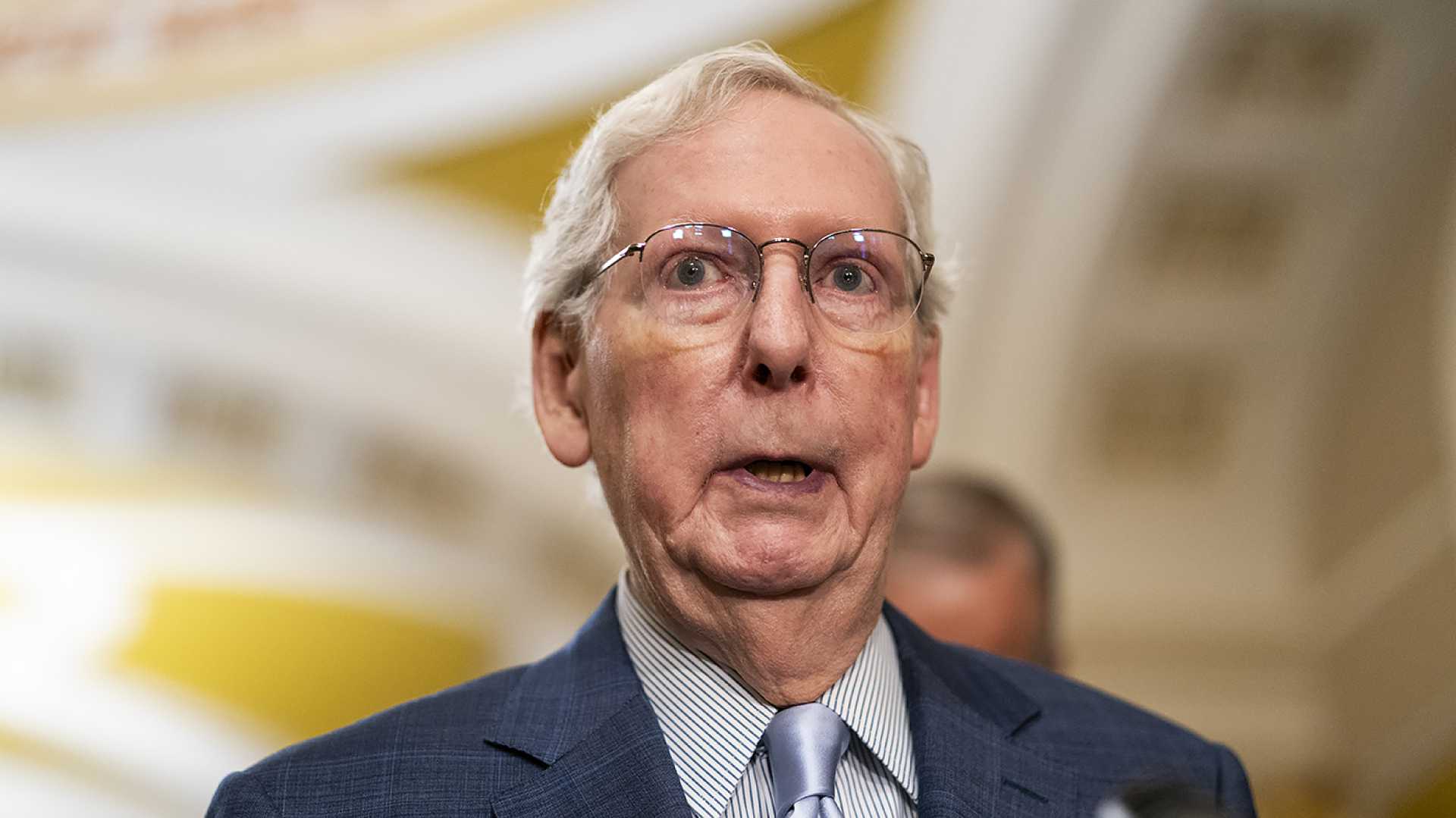Politics
McConnell’s Private Criticisms of Trump Revealed in New Book

According to a forthcoming biography of Senate Minority Leader Mitch McConnell, the Kentucky Republican privately called former President Donald Trump “stupid” and a “despicable human being” after the 2020 election. The remarks were reportedly part of a series of personal oral histories that McConnell shared with Michael Tackett, the deputy Washington bureau chief of The Associated Press. These revelations are included in Tackett’s book, “The Price of Power,” which compiles nearly thirty years of McConnell’s recorded diaries and interviews. The book is set for release on October 29, just a week before the 2024 Election Day.
McConnell’s criticism of Trump was made in the context of Trump’s efforts to overturn his loss to President Joe Biden. The book describes McConnell’s concerns that Trump’s actions could endanger Republican control of the Senate, particularly during the Georgia runoff elections. Despite McConnell’s harsh words, he has publicly stated that he would support his party’s nominee, which appears to include continued support for Trump as late as 2024.
After the 2020 election, as public tension between the two men grew, McConnell refrained from challenging the runoff outcomes, yet he expressed privately that “it’s not just the Democrats who are counting the days” until Trump would leave office. McConnell further criticized the former president as having “no filter” and being unable to grasp “where his own best interests lie.” Notably, during the Capitol riot on January 6, McConnell was reported to have taken a secure stance with other congressional leaders, emphasizing the severity of the situation.
In addition to post-presidential election criticisms, McConnell’s skepticism of Trump dates back to Trump’s 2016 victory. At the time, McConnell reportedly foresaw potential issues with Trump’s presidency. The book cites multiple instances over the years where McConnell felt conflicted regarding Trump’s influence and behavior, acknowledging Trump’s contentious nature yet often choosing political alignment when required.
Despite the documented tensions, by 2024, McConnell had endorsed Trump, recognizing the necessity of supporting the Republican nominee as a strategic move to continue exerting influence within the party. Tackett’s biography aims to shed light on McConnell’s inner thoughts during key political moments, providing insights into his complex relationship with Trump and his navigation of party politics.












